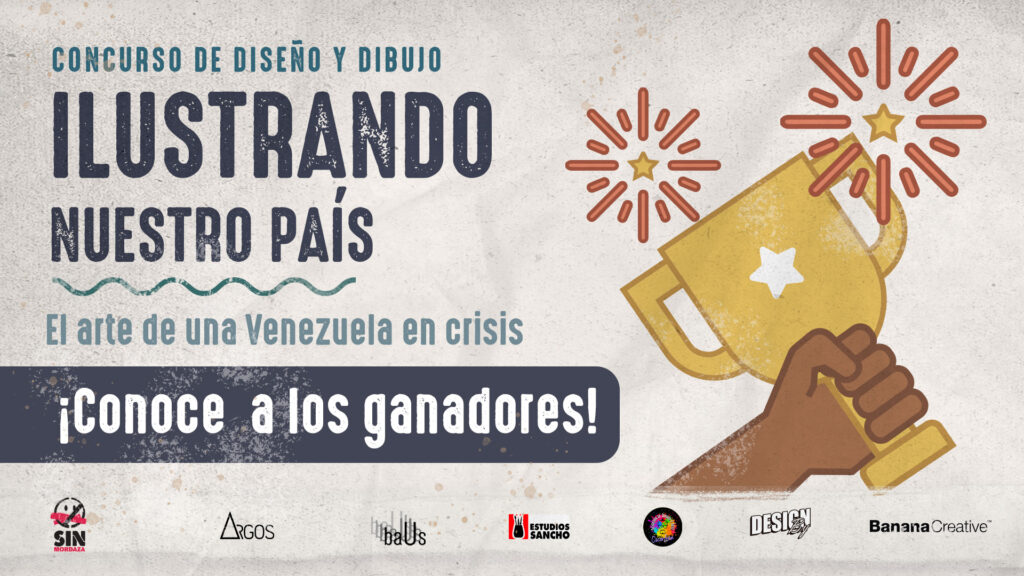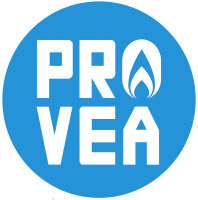
Venezuela’s democratic opposition is pinning its hopes on the 2024 presidential election, a return to a strategy that has mostly failed over the past 25 years, Bloomberg reports. Even if the opposition had a strong candidate — it doesn’t — Venezuela’s elections have long been shadowed by allegations of fraud and voter intimidation, making a pro-democracy victory implausible at best.
“It’s a moment of deep fracture” for the opposition, said Michael Penfold, a professor at the Institute of Advanced Studies in Administration in Caracas. “The dilemma is if they are going to be able to rebuild themselves.”
 New legislation proposed by the Venezuelan government to regulate civil society groups would kill the last functioning remnant of the country’s democracy and take it a step closer to a police state, leading NGOs have warned, The Guardian reports:
New legislation proposed by the Venezuelan government to regulate civil society groups would kill the last functioning remnant of the country’s democracy and take it a step closer to a police state, leading NGOs have warned, The Guardian reports:
The bill passed its first reading in the country’s legislature on Tuesday and, if approved in a second reading, will obligate NGOs to provide the government with all their financial records so that their political agendas and funding can be scrutinised.
Those deemed to be involved in political activities or endangering national security would be banned. Humanitarian and human rights groups have blasted the project, saying it is a pretext to take further control of the country after decades of democratic erosion under the regimes of Nicolás Maduro and his predecessor, Hugo Chávez.
“If this were a normal state with freedom of expression this proposal wouldn’t concern us,” said Rodrigo Diamanti, president of Un Mundo Sin Mordaza (No Gags), a Venezuelan rights group. “But this is Venezuela, where there is no freedom of expression and we are persecuted by our own government. This is simply another facade of legality for them to stop whoever they want from exposing the truth.”
 NGOs have warned that approval of a new piece of legislation will be a death knell for Venezuelan civil society, Foreign Policy adds:
NGOs have warned that approval of a new piece of legislation will be a death knell for Venezuelan civil society, Foreign Policy adds:
The bill, now on its second reading, would require NGOs to provide the government with all their financial records, so that their political agendas can be examined. Those NGOs determined to be involved in political activity would be banned. The leading human rights group Provea was already singled out while the bill was being proposed. Some believe the bill is being proposed now because protests against the government have been renewed in the face of hyperinflation.
Sanctions can have long-lasting effects on targeted countries, including unintended consequences, note analysts Benedicte Bull and Antulio Rosales. In the case of Venezuela, the haphazard opening of the economy by Maduro’s authoritarian regime, and the ensuing processes of informalization and illegalization, have been among the unintended consequences of sanctions. They have transformed the state-dominated model of the Bolivarian revolution into a form of authoritarian capitalism, they write for Current History.







